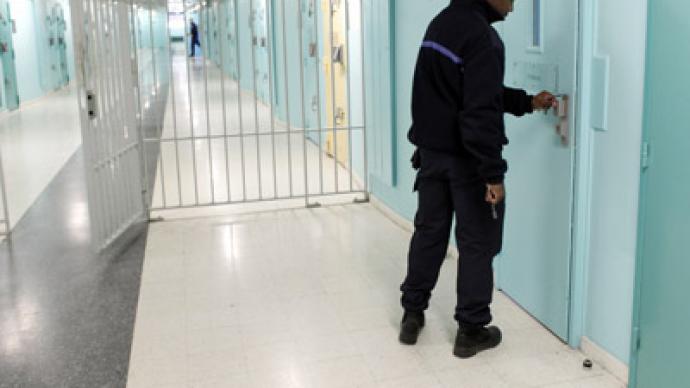Arkansas Supreme Court rules that execution is unconstitutional

Death row inmates in Arkansas were awarded a major victory on Friday after the state’s Supreme Court threw out the 2009 law that established policies for executing prisoners, calling it unconstitutional.
Arkansas’ highest court ruled 5-to-2 Friday morning that a 2009 legislation that leaves the Department of Corrections in charge of establishing policies on putting prisoners to death violates their Constitution, conceding a second change on life to each of the 40 men who have been behind bars awaiting capital punishment sentences. In 2009, state legislators voted to forfeit their role in regulating execution policies, relegating the duties to the Arkansas Department of Corrections. Ten death row inmates challenged that decision, though, insisting that allowing those procedures to be established by an executive branch entity and not the state Legislature violated the separation of powers provided for in the Constitution. Allowing the Department of Correction to tackle the issue of execution with no outside discretion was unconstitutional, plaintiffs argued, because the 2009 ruling had made it so that the executive branch could be the deciding voice in how to carry out capital punishment. Under that law, the director of the Department of Corrections was put in charge of determining what chemicals could be used in lethal injections.“It is evident to this court that the Legislature has abdicated its responsibility and passed to the executive branch, in this case the (Arkansas Department of Correction), the unfettered discretion to determine all protocol and procedures, most notably the chemicals to be used, for a state execution,” Justice Jim Gunter writes for the majority.The two dissenting judges argued that the 2009 ruling did not violate the state’s Constitution, because federal and state laws forbid the use of cruel and unusual punishment. The 2009 law had established that, if lethal injection could not be performed, prisoners could be sent to the electric chair. With that legislation now being deemed unconstitutional, however, the state is now essentially without any plan for putting prisoners to death.“In addition, Arkansas is left no method of carrying out the death penalty in cases where it has been lawfully imposed,” Justice Karen Baker admits for the minority. The 40 Arkansas inmates currently on death row will be spared execution until at least January 2013, at which point the state Legislator may decide to weigh in on rules for capital punishment. In their report, however, The City Wire acknowledges that Arkansas Governor Mike Beebe could call the state’s General Assembly into an executive session before that to work out the matter.














